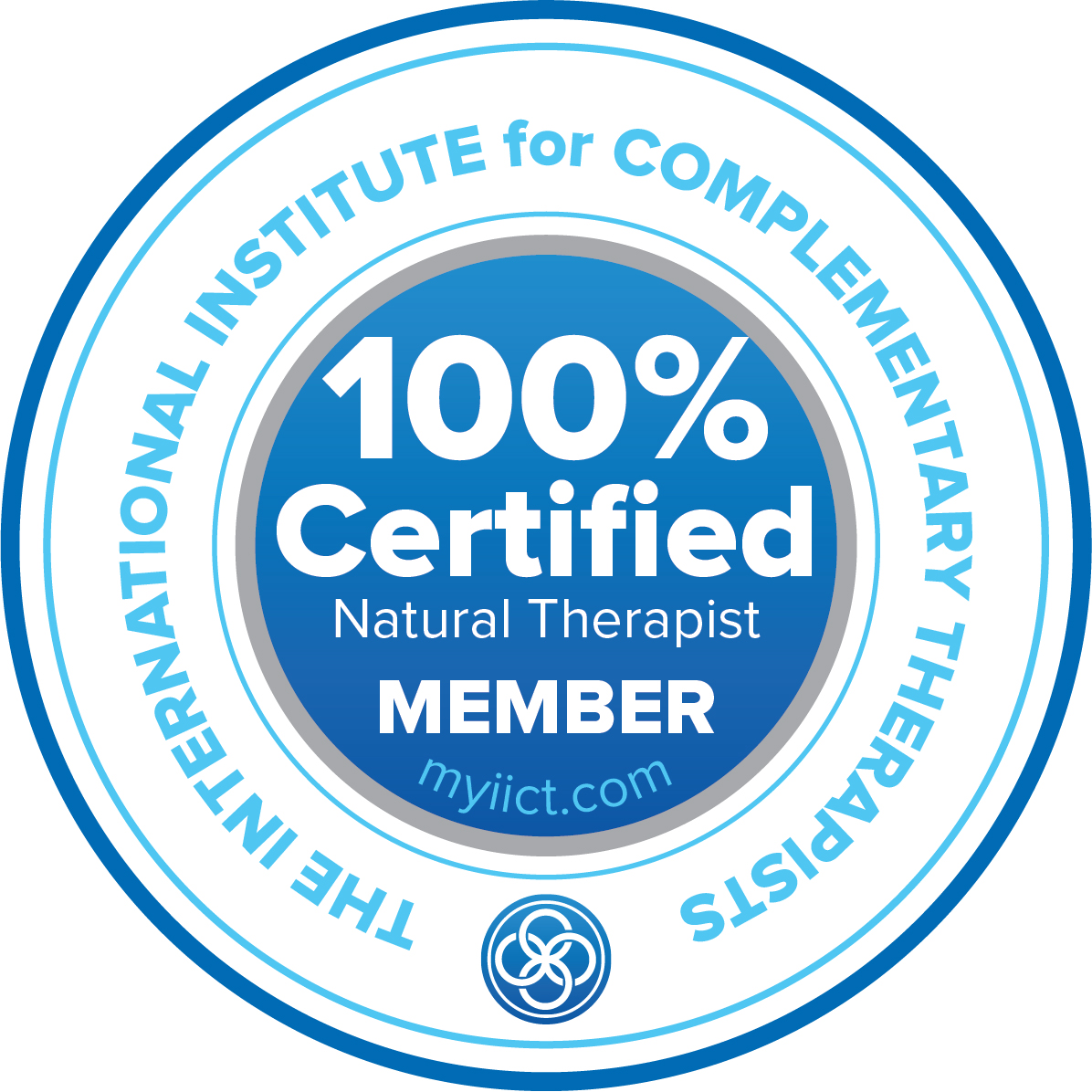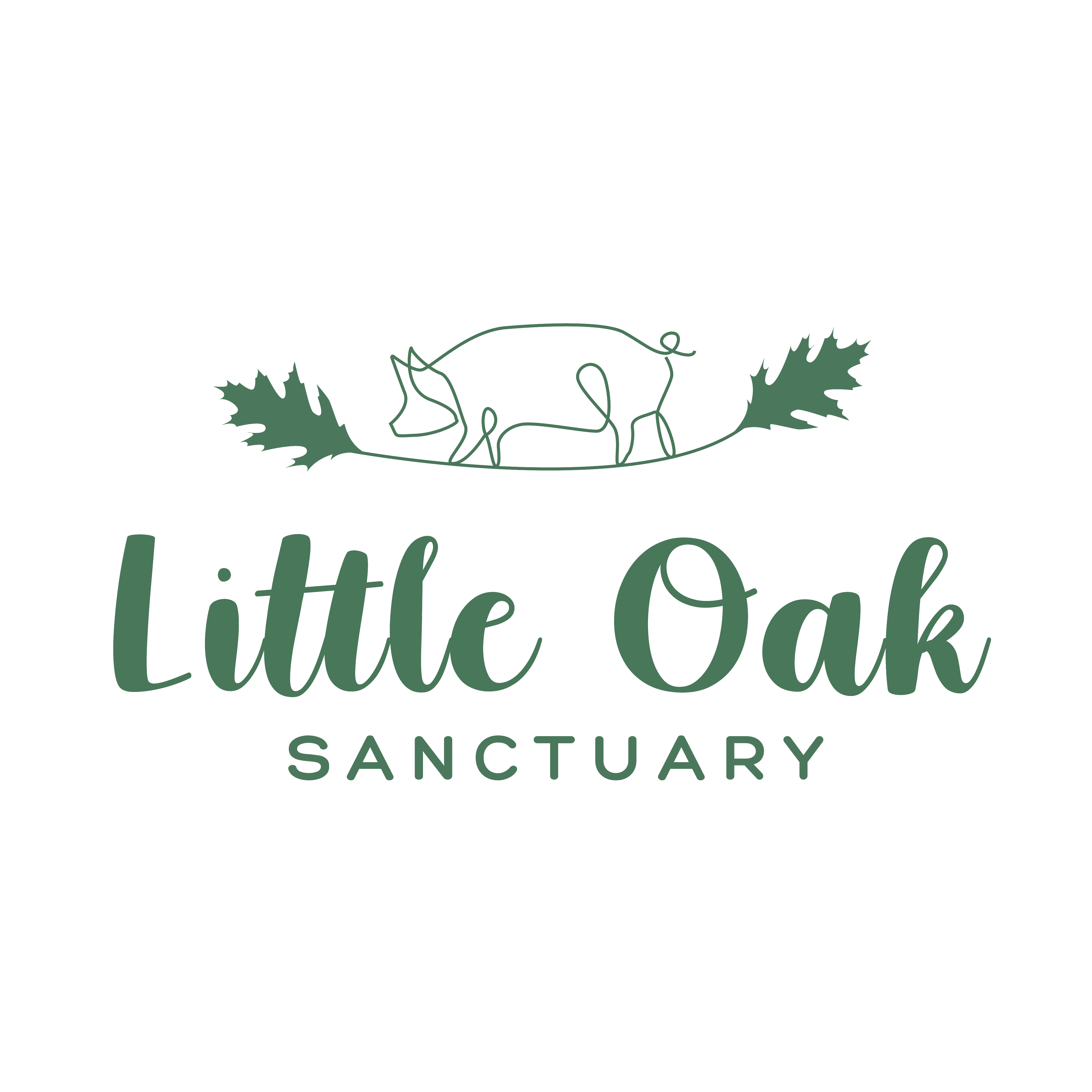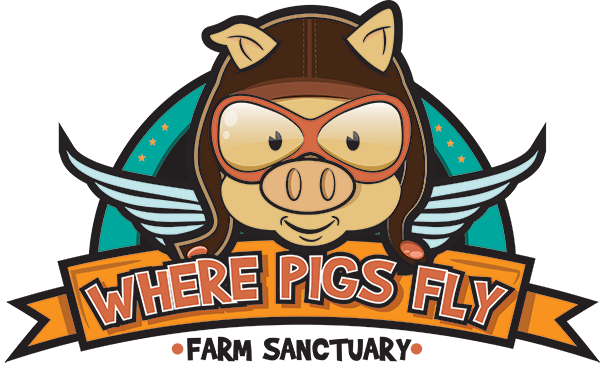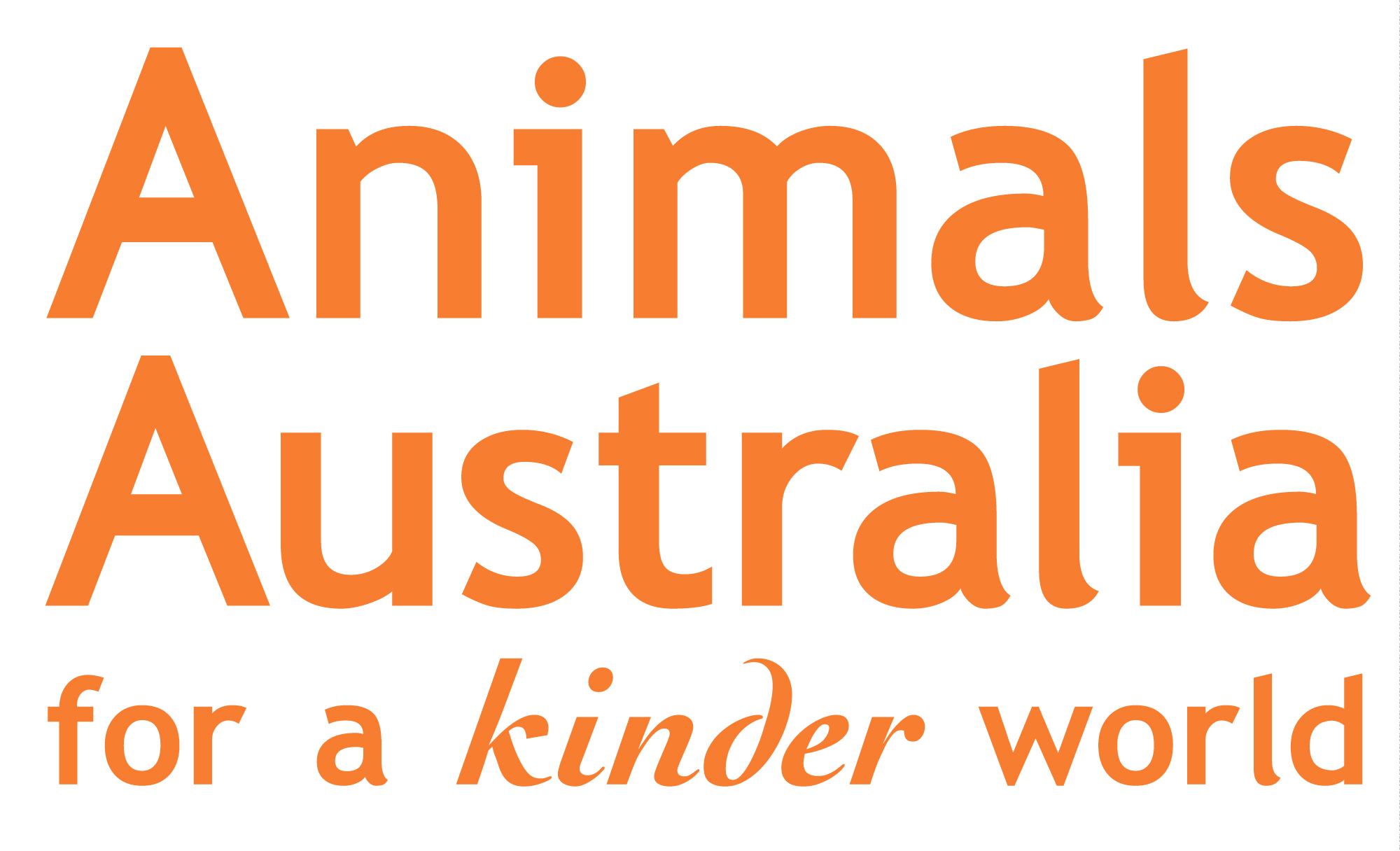For my latest articles and special offers, subscribe to Jess Ang's Intuitive Updates here.
Floating Feet and Helping Others
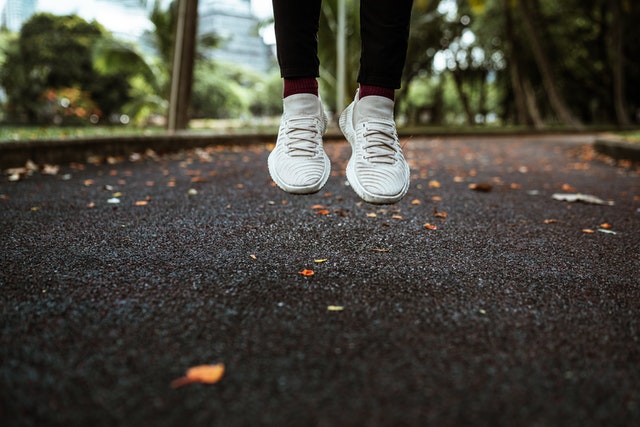
July 2022
Intuition to Help Others
This year I’ve heard a number of people say that they wish they could do more to help others. This has been a common theme during intuitive consults as well. When exploring intuition, clients want to know how they can best use their intuitive ability to assist those around them as well as the community at large.
It reminds me of a survey I sent out in 2017, in which one of the questions asked what you’d wish for if you found Aladdin’s lamp and were offered three wishes by a magical genie. Surprisingly, every respondent mentioned other people when describing their ultimate wish. They wanted others to be happy – whether it was a family member, a spouse, or people in general. Some expressed the wish to improve their own energy in order to give more and make a difference in others’ lives.
Perhaps the results were not an accurate snapshot of what most people want. Maybe if your ultimate wish is to be rich and famous and live in a mansion by the beach, you’d be less likely to respond to the request to fill out a survey, compared to someone whose primary wish is to help and give their time and energy to others. Or maybe the results actually reflect that most people really do want others to be well and happy. Regardless of what the average person wants, it seems that at least many of us are deeply concerned with the feelings of those other humans we share our life and planet with.
So, how does intuition play a role in helping others? The reality is that our efforts to do good sometimes do more harm than good. Our intuition, if we listen to it, tends to let us know if we’re getting off track. Without checking in to know what truly feels right in terms of what action to take next, our logic might lead us to do something that appears on the surface to be helpful, but which can actually lead to negative consequences.
"First, Do No Harm"
I’m sure you’ve seen many instances firsthand where someone who means well nevertheless ends up hurting someone through their behaviour.
A comical example of this can be seen in the 1970s movie Foul Play, when the character played by Goldie Hawn visits a man in hospital to offer comfort and apologise for a misunderstanding. Despite her attempts to make peace, she ends up terrifying the hospital patient unintentionally while trying to kill a fly. She reassures him that she’ll come back to visit him the next day. The man, covered in bandages and unable to move, nervously insists that he’ll be able to leave the hospital by then, practically pleading for her not to come back.
It seems reasonable to assume that if you show up to support someone in hospital, then that’s more helpful than staying away. However, jokes and comedies aside, it’s quite common to hear about real patients who felt more stressed about an upcoming surgical procedure or less able to relax afterwards due to a friend or relative’s anxiety about it. The anxious person’s presence had the effect of being more harmful than helpful.
Among health care workers, an important principle to uphold is “primum non nocere,” which is Latin for “first, do no harm.” This actually constitutes part of the Hippocratic Oath that was historically taken by medical students before becoming a doctor. You can learn all the remedies and therapeutic techniques available for a variety of ailments, but if you accidentally hurt someone out of neglect or forgetfulness or distractedness or anything else, then your efforts to ease the suffering of others are overshadowed by the fact that harm has been done.
It’s often easier to believe that helping is achieved by something you do rather than what you don’t do, but the fact remains that sometimes the best thing you can do about a situation is nothing.
During a Reiki training workshop, the facilitator told us about a group of people who were earnestly trying to “heal the earth.” They would travel across the globe to chant and dance and play instruments to bring about healing. At first, I thought, “What’s the harm in that?” She went on to express her opinion that the earth doesn’t need us to heal it. It needs us to stop creating further damage. It can heal itself; what it needs is for us to back off and tread more lightly upon it.
Floating Feet
While practicing aikido many years ago, our teacher instructed the class not to stomp heavily when moving, even when mimicking an attack. We were to tread lightly, as though we had “floating feet.”
Morihei Ueshiba was the founder of the Japanese martial art of aikido, and a master of stepping his feet lightly. Rumour has it that Ueshiba was able to walk across a line of tea cups filled to the brim, without spilling a drop.
Aikido can be roughly translated to mean, “way of harmony”. Unlike some other types of martial arts, in aikido you are taught to use whatever energy is coming your way and keep it moving. You don’t block it or try to make more of it than is actually there. The idea is to flow with it in a way that no harm will come to you, any attack is neutralised, and your mind can remain open and loving.
Aikido instructors will often advise students to continue practicing off the mat, outside the dojo, as aikido is more than just a martial art. It’s a way of life, and an aikido master knows how to tread lightly through life, even while making a significant impact in the world.
Caring for Loved Ones
As a kid, I had grand hopes of making an impact and serving others. I considered becoming a medical doctor or other type of healer, or the slightly more ambitious goal of being a bodhisattva (someone who delays awakening or Buddhahood to stay in the world and help others).
There are fierce debates that have taken place between different schools of Buddhism. According to Theravada Buddhism, you’re not much use to anyone if you don’t achieve spiritual liberation for yourself, so aiming for nirvana should be the goal. In Mahayana Buddhism, it’s asserted that the best thing to do is postpone your own enlightenment in order to assist others in their spiritual journey – some even argue that this is the only way to enlightenment, because without that level of altruism, you’re limited in terms of how far you can go towards full spiritual awakening.
I think there’s some truth in both. Becoming self-obsessed is not conducive to spiritual growth, but neither is trying to rescue others without getting your own life together.
In the book titled 50 Spiritual Classics, it refers to a story told by Thich Nhat Hanh about a king who yearns to know how to make the right decisions, and goes on a quest to find out specifically: “What is the best time to do each thing? Who are the most important people to work with? What is the most important thing to do at all times?” The answers were eventually found, as follows: the most important time is now; the most important person is the one you are with; the most important act is making the person next to you happy.
It's easy to want to save the world and concern ourselves with people we don’t know, while being a less-than-stellar friend, sibling, parent, child, or partner. I’ve certainly been guilty of being preoccupied with how to do more or solve the world’s problems, while pretty much ignoring whoever was right in front of me.
The risk of neglecting our loved ones for the sake of discovering or fighting for a cause is pointed out in the lyrics of one of the songs in Hair, the musical:
And especially people
Who care about strangers
Who say they care about social injustice
Do you only
Care about the bleeding crowd
How about a needing friend?
I need a friend
If we want to do the most we can for our loved ones, what’s the best way forward?
Caring For Ourselves
It might seem counterintuitive, but it’s often the case that the most important thing we can do for those we care about is to properly take care of ourselves. Having recently read the book Give and Take by Adam Grant, it seems that this idea is backed by research too. Apparently, “givers” (those who like to give more than they take from others) care more about others than the average person, and definitely care more than “takers” (people who tend to take more than they give). That’s no surprise. However, it appears that the most effective givers – the ones who make the most positive impact in their personal lives and in the world - also care more about themselves than the average person or taker does.
To be a great giver, it pays to care well for yourself.
If you want to give everything to others and forget all about yourself, the risk is high that you’ll burn out or at the very least, be less effective than you otherwise could be.
It’s a well-known phenomenon that caring for oneself can be psychologically more challenging than caring for others. At the Reiki workshop referred to earlier, I noticed during a practice distant-reiki session that it was easy to catch negative thoughts such as worries, and let them pass by without latching on. I didn’t want any of that mental toxicity to pass along to the person I was supposed to be sending positive energy towards! Later on, I wondered to myself, “Why am I not that vigilant when I’m not doing a healing? If it’s so bad to send this to another person, why is it okay to indulge in such thoughts myself?” Even if it’s only a subtle effect, those toxic thoughts will impact me and everyone I come into contact with.
It’s been an interesting observation over the past couple of years that the people I am most worried about are actually busy worrying intensely about someone else, who in turn is also – ironically – worrying about another person. That worry isn’t helping anyone. If you’re currently saddled with worries about a friend or family member or even bigger global issues, I guarantee that someone else is worried about you.
Yes, I worry too about illness, death, environmental disaster, violence and war. At the same time, indulging in that worry is not an effective use of time. I recognise that heaps of things are beyond my control, and some things are within my power, like whether I meditate every day and cultivate a healthier mental state. That state will affect those around me, and indirectly affect the people around them, and on and on.
Sometimes just seeing a smile can change your day for the better. I’ve had that experience before. The person who smiled at me wasn’t doing anything drastic, not offering to help me, definitely not desperate to rescue me from my bad mood. They just were happy enough to smile in my direction, and it was contagious.
I’ve come to believe that one of the best things you can do to be truly helpful is to take care of yourself, and from that place of well-being and self-nourishment, let your positivity flow in whatever direction or to whoever you feel inspired to direct it to. Aspire to let yourself feel so much joy that it can’t help but spill out from you into the lives of others.
And if your good energy takes the form of spending quality time with someone who needs it, being an amazing listener for those who want to be heard, financial donations where it will make an impact, volunteering in whatever cause will help, trust that it will be the best thing you can do. There’s no point feeling guilty about not doing more.
If the world were full of happy people who pamper themselves, we would be more at peace than being surrounded by “helpers” who are at risk of burnout, and leaking their worrying energy to those around them. I don’t think people realise how harmful their own worry can be to others (again, I’ve been guilty of this!). We all feel it.
Take care of yourself, and you’ll help more people than you know simply by that one action alone. You may not want to stop there, at simply caring for yourself, but it’s an important first step. What we do is not as important as how we do it. And to state the obvious, how we do things is affected by how we feel. So do whatever you can to feel good!
What Next?
If you’re not sure what to do next or how to best care for yourself, loved ones, or the planet – consult your intuition. If it tells you to take a break, then take a break. If you feel it guide you to work for a particular cause, then get cracking.
You can begin by noticing even the little things you feel drawn to do, or feel enthusiastic about. They may lead to something bigger, or if not, then that’s fine too. Here’s something I wrote in You Crazy Vegan: “Do what you’re called to do, what you’re curious about, what you’re inspired in or excited by … If you have no idea where to start, then consider opening yourself to be guided by your enthusiasm (or your inspiration, which is often the same thing) as a first step. Your enthusiasm will always leave valuable clues for you to follow.”
By the way, if your intuition or enthusiasm is not guiding you to devote your life to “helping” anyone – consider that living a happy life is helping in itself. Since emotions are contagious, you in your happy state can lead to more good than any “do-gooder” who’s miserable and bringing others down, even while their actions appear charitable on the outside.
If your intuition is clouded by anxiety, or you’re wanting to curb the habit of worrying, it can be great to schedule a daily time to worry so that your brain knows it’ll have the opportunity to think about certain problems or concerns. That way, the worry doesn’t spill out constantly or uncontrollably throughout the day. If you’re worried specifically about a friend, then as far as possible, do what you can to get your own problems sorted, your own health in order, your own neuroses in check, and then be present with your friend in whatever way they’d like you to be. Don’t be the well-meaning hospital visitor who adds to a patient’s distress!
As suggested earlier, once you feel full and nurtured and able to give, remember to give to those closest to you as well as to strangers who might need help. I’ve personally known people who were “doing good” in the world while their spouses or children felt neglected of the love and attention they wanted. Those people were so focused on changing the world that they weren’t taking care of their little part of it.
To go back to Morihei Ueshiba, founder of aikido, his view of service is captured by the quote: “Foster and polish the warrior spirit while serving in the world; illuminate the path according to your inner light.”
If we do what we can to nurture that inner light, and avoid dimming it with excessive worries or negative thoughts, our capacity for service grows.
Whether or not we want to serve anyone else at this moment, let’s allow our “floating feet” to move lightly through life, to do no harm, not take ourselves too seriously, go with the flow, and get out of our heads and into our hearts when feeling stuck. Life, like aikido, can be a dance to enjoy.
Click here to receive new articles by email
<-- Previous article Next article -->
